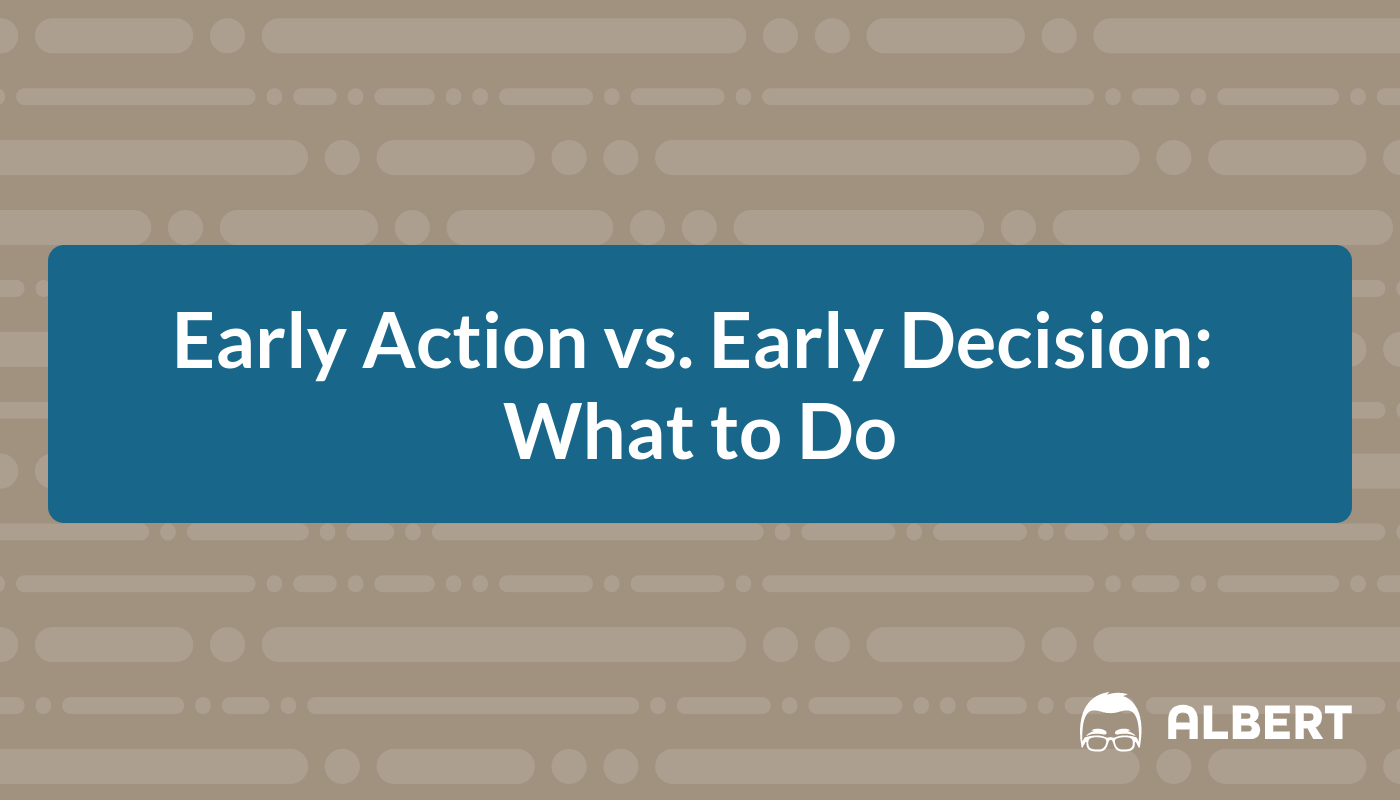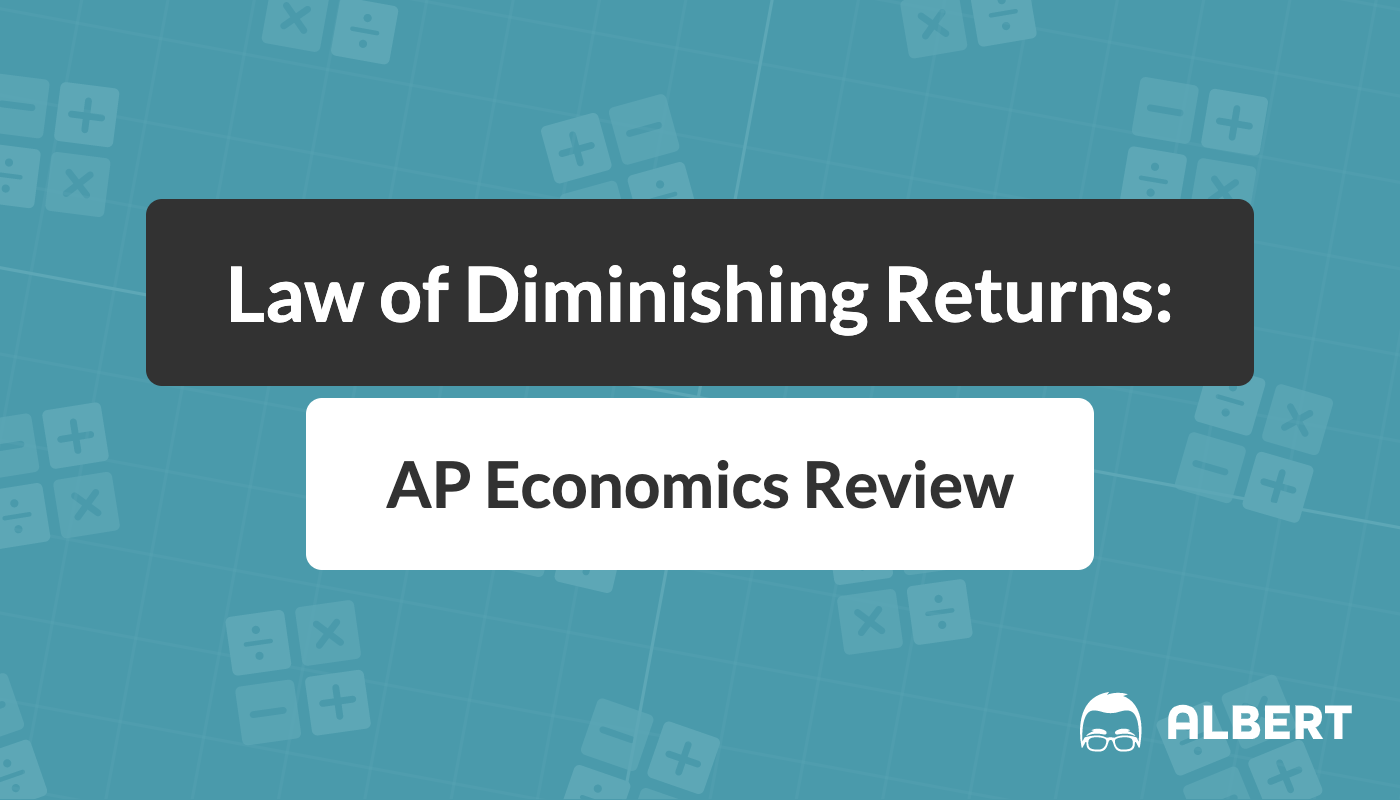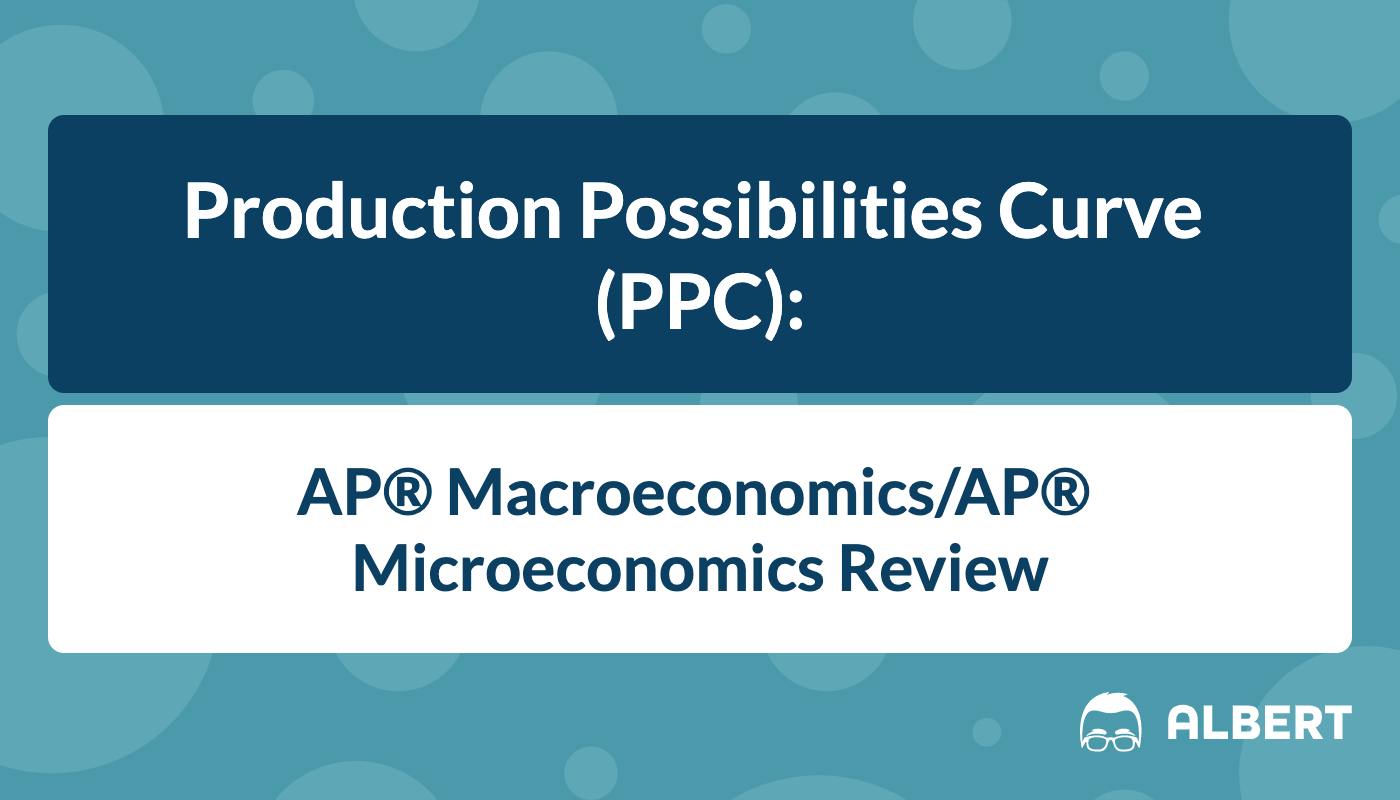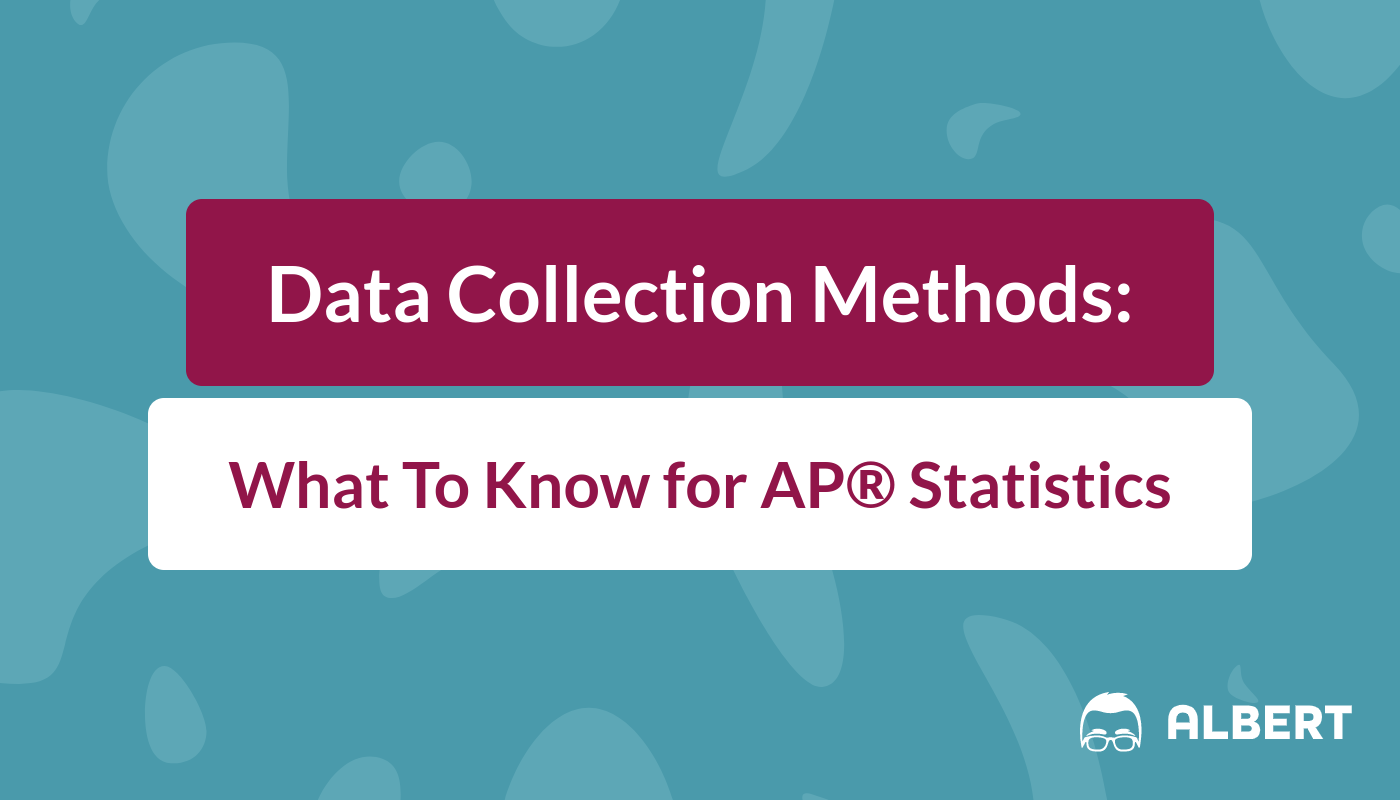Do you feel completely overwhelmed by the homework for your AP® classes, studying for the ACT®, running your school’s student government association, working part-time, and finding a cure for cancer? At least that’s what it feels like you are doing.
Does the prospect of adding completing college applications to your list of things to do make you feel sick? If it does, you are certainly not alone. Because of their super busy schedules, it is becoming increasingly common for high school seniors to completely finish their college applications during the summer, instead of waiting until the fall. This way, they have a lot less on their plate at any given time during the school year and can greatly reduce their stress.









